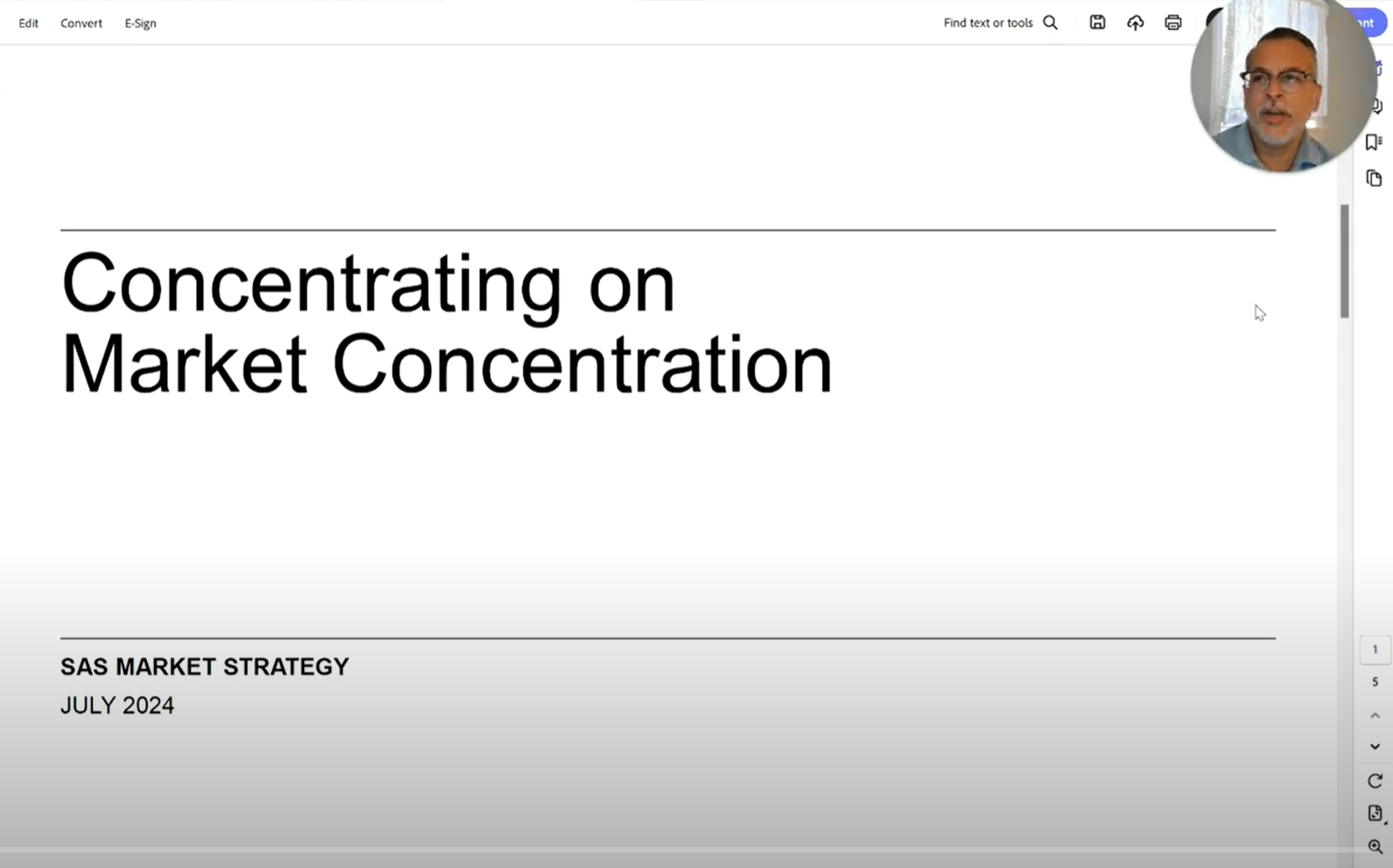What can financial planning learn from military strategy? More than you might think. In this reflection, Stephen Yoskowitz shares how his time working alongside U.S. forces shaped the way he approaches uncertainty, discipline, and long-term readiness.
Strategic Readiness: Why Comprehensive Financial Planning Resembles Military Strategy
In the late 2000s through the mid-2010s, I was a civilian analyst at the Department of Defense. I deployed five times—three times to Iraq and twice to Afghanistan. I lived many of the rhythms of military life without wearing the uniform: working in windowless buildings, analyzing endless data points, and sleeping in converted shipping trailers. That experience shaped my view of financial planning, because both professions revolve around the same paradox: we can never predict the future, but we can always prepare for it.
Comprehensive financial planning and military strategy share a foundational truth: success depends less on prediction and more on preparation. Both operate amid uncertainty, rely on incomplete information, and demand disciplined execution under pressure. The principles that guide a successful campaign—clarity of mission, coordination of resources, flexibility amid change, and composure under stress—are the same principles that produce enduring financial outcomes.
Develop Strategy Before Tactics
In both defense and finance, the first rule is to define strategy before acting. “Strategy without tactics is the slowest route to victory. Tactics without strategy is the noise before defeat,” goes the quote attributed to Sun Tzu. Military planners clarify mission and purpose before deciding on tactics. Likewise, investors must define goals before choosing investments. As Peter Lynch advised, “Know what you own, and know why you own it.” Clarity of intent turns isolated financial moves into a coherent campaign.
Planning as Readiness
Dwight D. Eisenhower, one of only five U.S. five-star generals, said, “Plans are worthless, but planning is everything.” Real-world events rewrite every plan, but the process itself builds agility and resilience. Howard Marks summarized it perfectly: “You can’t predict, but you can prepare.” Both generals and planners measure readiness by preparation, not perfection.
Operating in the Fog
Carl von Clausewitz called war “the realm of uncertainty.” Daniel Kahneman warned that “the illusion that we understand the past fosters overconfidence in our ability to predict the future,” while Mark Twain quipped, “It ain’t what you don’t know that gets you into trouble. It’s what you know for sure that just ain’t so.” Diversification and redundancy—like backup systems in battle—are the financial equivalents of navigating through that fog.
Adaptation and Behavior
Helmuth von Moltke wrote that “no plan survives first contact with the enemy.” Success in both war and markets depends on adapting quickly without abandoning the mission. Benjamin Graham warned that “the investor’s chief problem—and even his worst enemy—is likely to be himself.” As Warren Buffett said, “The stock market is a device for transferring money from the impatient to the patient.” Systems and discipline keep emotion from undermining strategy.
Logistics, Liquidity, and Learning
“Amateurs talk strategy; professionals talk logistics.” In finance, liquidity is logistics—the cash flow that sustains the campaign. Military “red teaming” parallels financial stress testing, what Morgan Housel calls “planning on your plan not going according to plan.” Regular reviews—“What gets measured gets managed,” as Peter Drucker said—convert experience into improvement.
Resilience as Victory
Both military and financial success rely on readiness—the ability to endure and adapt. As Eisenhower proved on D-Day and Howard Marks reminds investors, “You can’t predict the future, but you can prepare for it.” In both domains, victory belongs not to those who foresee every outcome, but to those who stay the course.
Editor’s Note: On Veteran’s Day, we thank all Single Point clients, family, and friends who have served our country.













